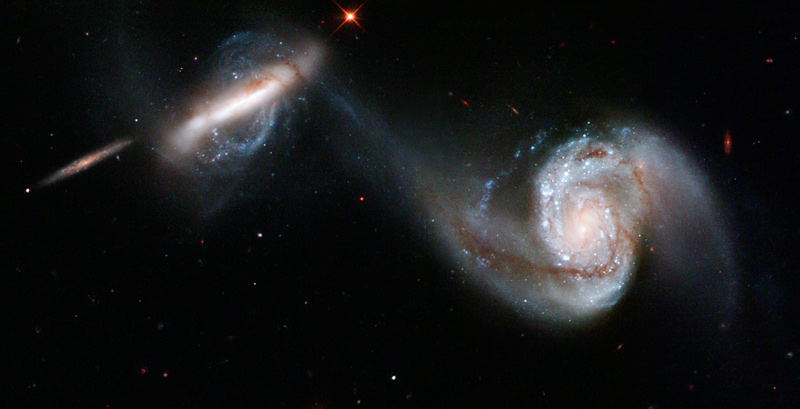Having been away from my Schopenhauer series for nearly 2 months, I’ve felt the longing pangs of unfinished business in my gulliver. So it is with renewed vim and vigor that I return to the dais for yet another installment.
When I think back on my earliest encounter with philosophy, it is not dissimilar from my first brush with theology. During the spring of my freshman year at the University of Minnesota, I became enamored of theology largely on account of dating an inordinately religious woman named S____. My enamored fancy fell up Saint Thomas Aquinas via a medieval history course, and I soon found myself reading Summa Theologica at Coffman Union between classes.
Q: Is there a more wearisome, and austere scholarly contribution than Summa Theologica?
A: Not likely.
I find a it little amusing that my first forays into philosophy and theology resulted in overmatched efforts involving the aforementioned. One might deem Socrates and CS Lewis a bit more age appropriate if not efficacious.
Immanuel Kant’s contribution to modern philosophy is well known for synthesizing empiricism and continental rationalism. Where empiricists contended that knowledge arises from experience, and rationalists asserted that reason alone provides the basis of knowledge, Kant – in his own estimation – created a compromise between the two by presenting knowledge as function of comprehension involving 2 actors: Concepts of the mind and phenomena. Concepts (categories) of the mind are 4 fold with 3 aspects each – quantity (unity, plurality, totality), quality (reality, negation, limitation), relation (substance, cause, community) and modality (possibility, existence, necessity). These concepts are universals; we cannot process phenomena (experience) without them. For example, we cannot look at 2 apples on a table without immediately apprehending plurality. Kant went on to refer to these categories as filters through which knowledge is made possible.
There remains in Kant the problem of things – in – themselves. If knowledge is obtained by applying filters to phenomena arriving via our senses, then how can we ever say with certainty “That which I perceive exists as I perceive it”? On this point, Schopenhauer departs from Kant and is correct in doing so. For Schopenhauer, the problem of knowing things – in – themselves is even deeper than Kant implied for it is not enough to merely enumerate the filters through which knowledge is made manifest without acknowledging the obvious conclusion: That so long as filters lie between our senses and our reason, the extension of our knowledge cannot lie beyond our senses i.e. we do not know a sun “but only an eye that sees the sun…”
But we do know our bodies….
To be continued…

